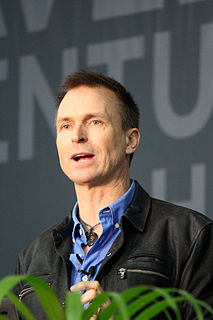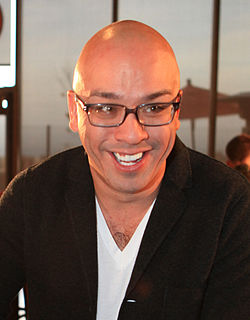A Quote by Taika Waititi
I was depressed about the roles that were on offer, so I had to make my own stories.
Related Quotes
So I found myself telling my own stories. It was strange: as I did it I realised how much we get shaped by our stories. It's like the stories of our lives make us the people we are. If someone had no stories, they wouldn't be human, wouldn't exist. And if my stories had been different I wouldn't be the person I am.
The available worlds looked pretty grim. They had little to offer him because he had little to offer them. He had been extremely chastened to realize that although he originally came from a world which had cars and computers and ballet and Armagnac, he didn't, by himself, know how any of it worked. He couldn't do it. Left to his own devices he couldn't build a toaster. He could just about make a sandwich and that was it.
When I was about twenty-one, I published a few poems. Maybe I wrote a couple of stories before, but I really began to write stories in my mid-thirties. My kids were still little, and they were in school and day care, and I had begun to think a lot about wanting to tell some stories and not being able to do it in poetry.
Long before I became a feminist in any explicit way, I had turned from writing love stories about women in which women were losers, and adventure stories about men in which the men were winners, to writing adventure stories about a woman in which the woman won. It was one of the hardest things I ever did in my life.
The women of my mother's generation had, in the main, only one decision to make about their lives: who they would marry. From that, so much else followed: where they would live, in what sort of conditions, whether they would be happy or sad or, so often, a bit of both. There were roles and there were rules.
I liked myths. They weren't adult stories and they weren't children stories. They were better than that. They just were. Adult stories never made sense, and they were slow to start. They made me feel like there were secrets, Masonic, mythic secrets, to adulthood. Why didn't adults want to read about Narnia, about secret islands and smugglers and dangerous fairies?




































